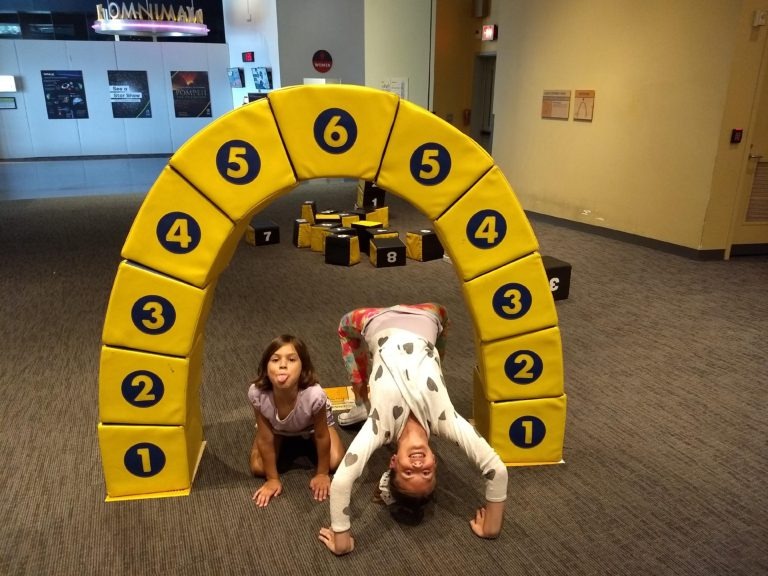The Three Kinds of Hobbies Everyone Should Consider
For most of human history, humanity has waged a war against boredom. For some, it was how to cope with tedious, desensitizing work. For others, it was how to manage free time apart from work, whether that free time be generous or scarce. Prior to the last century or so, the primary weapons against boredom were the likes of music, social gatherings, or vice (i.e. alcohol).
Since the late 1800s, technology has entered the fray as a tool against boredom. Phonographs, radio, film, television, video games, the Internet, and social media are all part of a parade of technologies designed to give people things to do in their off time (and, sometimes, during their work time, too).
Technology itself is not inherently bad. Video games helped expand my imagination as a child, laying the groundwork for the writing I’ve done as a now-published author, and the Internet is a powerful tool for knowledge and for connecting with others. I would argue that, in general, we’re better off with technology … including as a useful tool against boredom!
Certain kinds of technology use, though, can be a problem when they’re the only hobbies we have. They can feel like the equivalent of having a cookie when you’re starving: it does a little, but it can also feel meaningless and vaguely depressing, especially in overlong doses. I don’t think it’s the fault of the technology, so much as how we use it. Rather than applying it toward things that are meaningful, we ingest entertainment that leaves us wondering what we did for the last two hours.
The solution is to be more intentional about our hobbies, knowing that how we play is as important to our well-being as how we work. To that end, I want to propose three general classifications of hobbies that I think everyone should consider.
1. For the body: Exercise hobbies
The research is overwhelming – regular exercise helps us feel better mentally and physical and also helps us have a longer, higher-quality life. But exercise doesn’t always come easy to people, especially with so much technology to do the traveling for us. Our brains can be wired to conserve energy, so mustering the effort to exercise really is just that, for some people – an effort.
But it’s an effort worth doing. And it doesn’t have to be intense, although it can be. Moderate exercise, for example, is very good for your body and mind. Good moderate activities can include walking, hiking, yoga, or even hands-on activities like gardening.
And, if you’re into more intense things, those are okay, too. Running, swimming, and hitting the gym (whether it be a regular one or a more focused approach like Orangetheory) can be great hobbies, and swimming has the additional virtue of being low-impact, so it can be done for a long time. My great aunt was a competitive swimmer right up to the time she died at the age of 96.
2. For the mind: Creative hobbies
Modern cognitive theory has come to see the brain as a muscle. The more you use it, the stronger it can become. A brain that creates will do better in old age than one that does not. Now, not everyone sees themselves as “creative,” but the glorious thing about hobbies is that there are creative outlets for just about any personality type.
If you’re a more abstract person, creating some form of art or literature might be for you. Painting, crafting, or writing are a few examples of this sort of creative work. It can be as simple as a notepad and pencil, or something more complex like a blog. It can be nonfiction writing, or it can be fiction: flash fiction, short stories, novellas, or novels. It can be poetry. Whether anyone else sees it is sort of secondary; it’s the journey of writing it that makes it meaningful.
What if you’re more concrete? There are plenty of ways for a concrete person to be creative. It could be through building things: models, technology kits, even construction projects. It can be through tinkering with old tools to see what you can get out of them. It could be through coding, designing or modifying your own programs.
Regardless of how your brain works, you should read. Reading is good for your mind (and may help stave off dementia and Alzheimer’s). Fiction is terrific and nonfiction can be good, too, especially if it educates you in an area that interests you.
3. For the soul: Social and spiritual activities
For many college graduates, the first years out of college can be very lonely. A graduate goes from being in a bubble surrounded by friends to a wider world where their college connections have scattered to the four winds.
People need meaningful, close connections. Even introverts. (Especially introverts.) Social media alone doesn’t do it. But it can be hard, especially with people as busy and overscheduled as they are now.
For centuries, church has been perhaps the best social (and spiritual) network in the Western world, and it still is. Church brings people for a common purpose, including spiritual pursuits, social functions, and mutual support. Anyone who has seen a lively church potluck, or watched a church group reach out to bring food to someone recovering from surgery, or seen a full sanctuary on a Sunday morning, can’t help but notice the benefits of church for those who attend.
Church attendance in the West is down, and for various reasons. Some people no longer affiliate themselves with a specific religion or denomination, while others may view themselves as part of a religious group but be disenchanted with the politics and problems that inevitably come with any large body like a church.
If that’s not for you, there are some alternatives: clubs, volunteer groups, or groups oriented around a specific hobby, sport or pastime. For parents, groups that deal with raising children are also an option. There can be something nice about going with one of those groups — or with family — to someplace off the grid, or away from the busyness of life. Some people also seek out social connections through work, although that has its pros and cons.
So what about you? What hobbies do you think ought to be on everyone’s to-do list?







